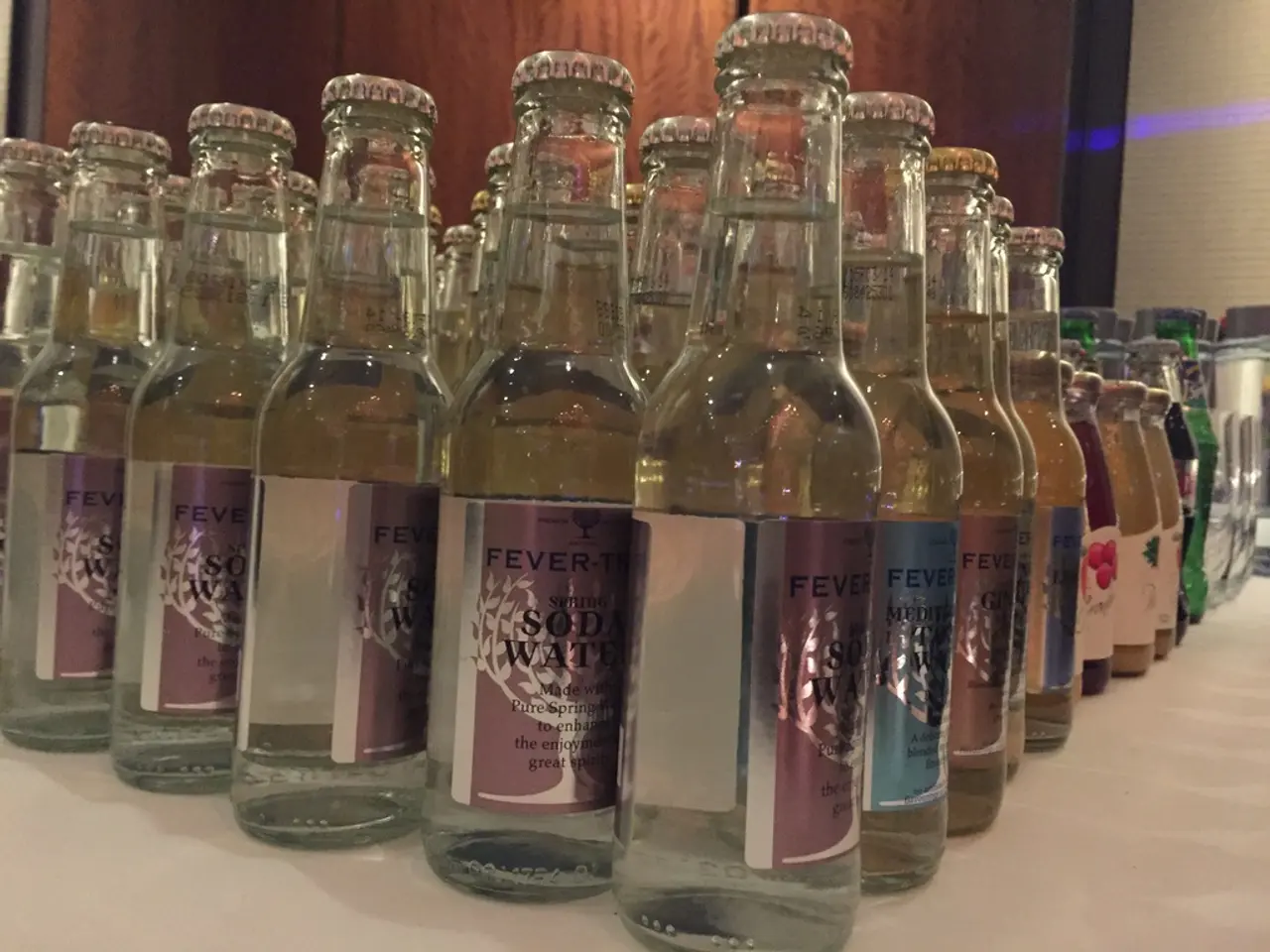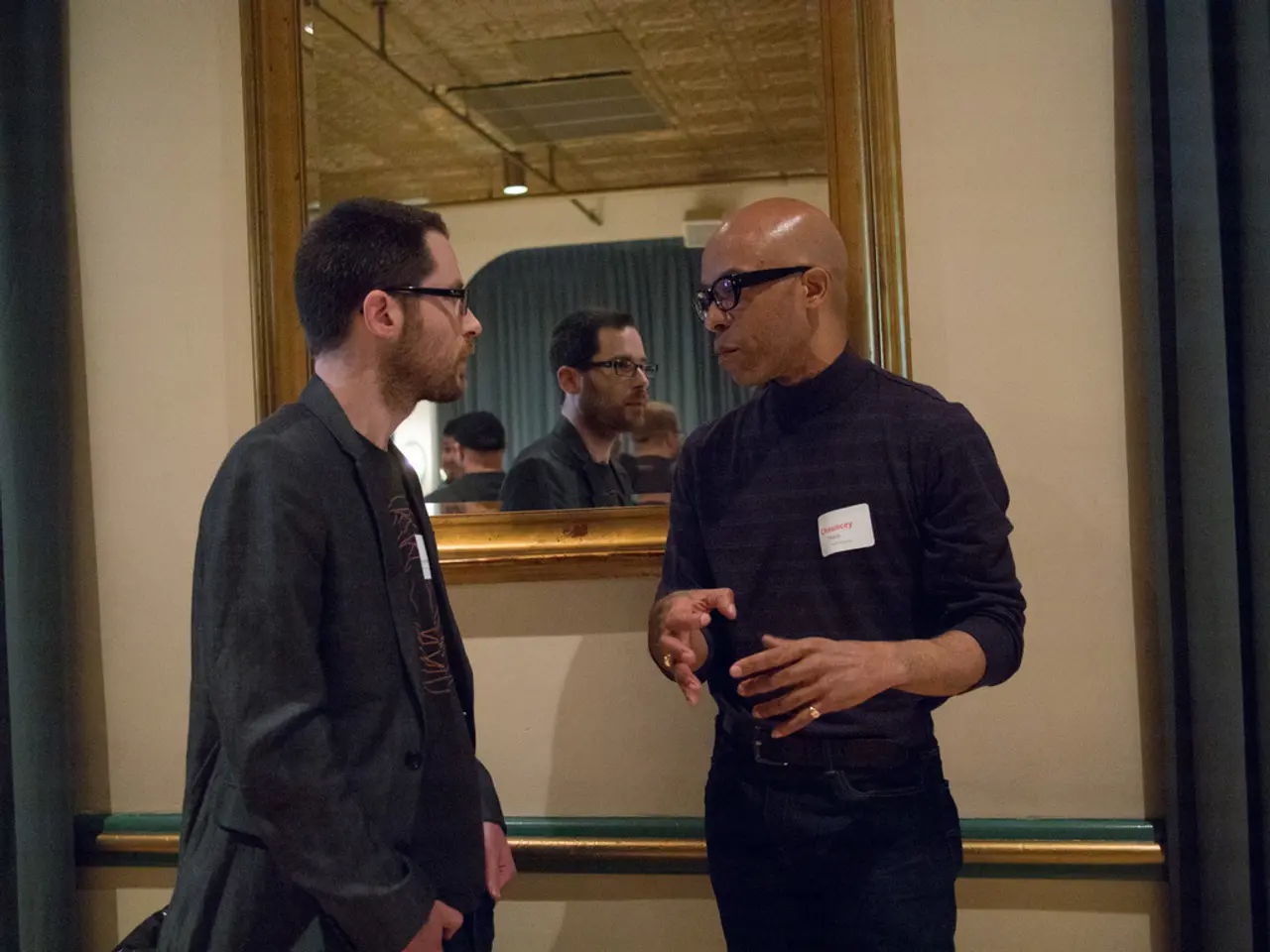Techniques for addressing subtle racial prejudices: Examples and suggested methods
Racial microaggressions are brief and subtle acts that communicate hostile, disrespectful, or negative racial messages towards targeted groups. These actions, although often unintentional, can have significant impacts on the mental and physical health of those affected. In this article, we explore the three types of racial microaggressions and provide guidance on how to respond to them.
The three types of racial microaggressions are microassaults, microinsults, and microinvalidations.
1. **Microassaults** are the most explicit and deliberate forms of racial aggression, resembling overt discrimination. They can be verbal, nonverbal, or environmental acts intended to harm or belittle based on race, such as racial slurs or discriminatory actions that are consciously motivated by bias. Unlike other microaggressions, microassaults are often conscious and more traumatic.
2. **Microinsults** take the form of comments or behaviors that convey rudeness or insensitivity, often subtly demeaning a person's racial identity. They are more covert and can imply stereotypes or disregard, usually without openly hostile intent. For example, questioning the qualifications of a person of color by implying affirmative action played a role. Microinsults can be verbal or behavioral and communicate a lack of respect or recognition for the person's identity.
3. **Microinvalidations** are actions or remarks that exclude, negate, or dismiss the thoughts, feelings, or racial experiences of people of color. They often deny or invalidate the lived reality of racial discrimination, causing confusion and psychological harm. An example is telling a Black person that racism does not exist or "you're being too sensitive." Microinvalidations undermine the experiences of marginalized individuals and can affect trust and self-concept.
Racial microaggressions may lead to physiological, psychological, and emotional damage, including symptoms of depression, binge drinking, and hidden trauma wounds like internalized devaluation and devaluing sense of self.
When responding to racial microaggressions, it is essential to first reflect on whether the action was indeed a microaggression and then decide whether to act, considering potential consequences like arguments, defensiveness, or additional microaggressions. A communicative response might involve stating that the actions are racist without labeling the person as racist.
If another person witnesses a microaggression, they may verify and validate whether it occurred. After responding to a microaggression, people may need support, such as from loved ones, mental health professionals, or filing a complaint.
A proactive approach to addressing racial microaggressions can help educate people on their actions, promote effective communication, and prevent internalizing feelings of being undervalued. It is crucial to remember that everyone has a role to play in creating a more inclusive society.
[1] Sue, D. W., Capodilupo, C. M., Torino, G. C., Bucceri, J. M., Holder, A. M. B., Nadal, K. L., ... & Espinoza, S. (2007). Racial microaggressions in everyday life: Implications for mental health. American Psychologist, 62(4), 271-286. [2] Solórzano, D. G., & Yosso, T. J. (2002). When the personal is political: Critical race methodology in qualitative research. Qualitative Inquiry, 8(6), 839-862. [3] Hudley, C., & Hudson, J. L. (2003). Racial microaggressions: The invisible warrior. In A. M. Brown (Ed.), The invisible war: Living with racism (pp. 113-127). Routledge.
- While dealing with racial microaggressions, it's crucial to identify the specific types, such as microassaults, microinsults, and microinvalidations, each carrying unique forms of subtly or overtly racist messages.
- Ongoing research in science has linked racial microaggressions to various health concerns, including diabetes, psoriasis, obesity, and mental health issues like depression.
- Proactive health-and-wellness practices can help combat the psychological harm of racial microaggressions, such as seeking support from mental health professionals and loved ones to cope with resulting symptoms.
- Interventions tackling racial microaggressions aim not only to prevent them but also to educate individuals on the impact of their actions, fostering more inclusive environments and valuing cultural differences.
- In the context of health-and-wellness, mental health is equally important, as chronic exposure to racial microaggressions can result in long-term emotional damage and internalized devaluation, affecting one's sense of self and overall well-being.




